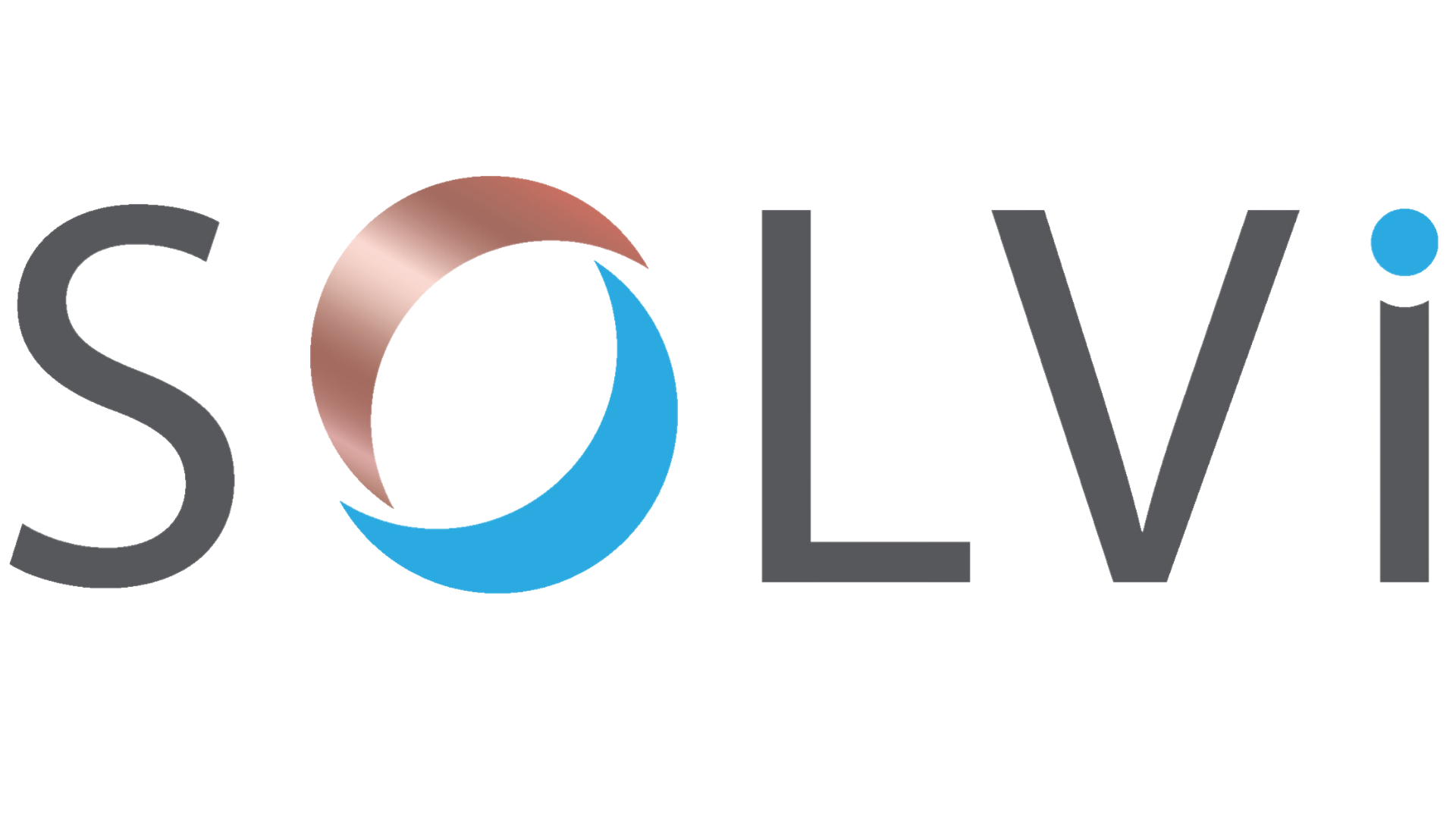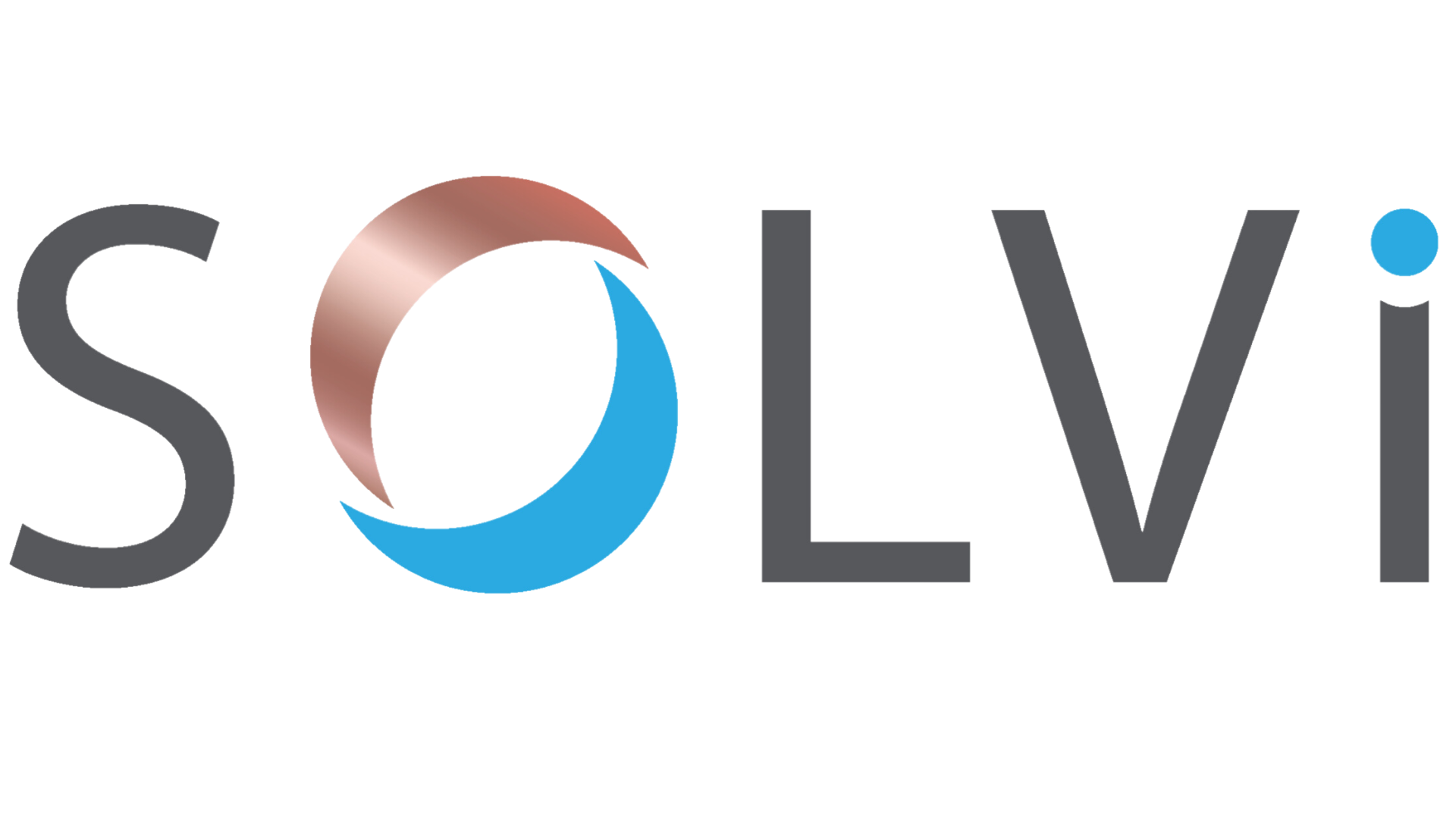Australia is a great place to live and work. Our passion is to help Registered Nurses living overseas to work and experience the great Aussie lifestyle. However, navigating the complexities of migrating to Australia can be daunting.
SOLVi Migration has been assisting nurses to gain registration and successfully migrate independently. Our dedicated team of legal experts specialises in guiding overseas registered nurses through the intricate visa and registration processes, ensuring a smooth transition to working in Australia.
We are committed to providing personalised support every step of the way, from initial eligibility assessments and visa applications to professional registration and employment advice. Trust us to help you achieve your dream of a rewarding nursing career in Australia.

VISA’S WE CAN HELP WITH

Employer Sponsored

Skilled Independent
MAKING AUSTRALIAN MIGRATION EASY

How Nurses Can Become Australian Citizens: Pathways, Residency Requirements, and What You Need to Know
For many internationally qualified nurses who migrate to Australia, becoming an Australian citizen is the ultimate goal. While working in Australia as a nurse offers plenty of benefits, including competitive salaries, work-life balance, and professional growth, gaining citizenship gives you access to even more privileges, such as the right to vote, easier travel in and out of Australia, and the ability to live in Australia permanently without ever having to worry about visas again.
The pathway to Australian citizenship, however, requires meeting specific residency, character, and legal requirements. One of the most important aspects to understand is how long you need to live in Australia and what visas count towards your eligibility for citizenship. In this blog, we’ll explain the steps nurses need to take to become Australian citizens, highlighting key considerations such as the types of visas that count towards residency and the importance of securing permanent residency before applying for citizenship.
Step 1: Secure a Work Visa to Live and Work in Australia
The first step on your journey towards Australian citizenship is obtaining a visa that allows you to live and work in Australia. Fortunately, nurses are in high demand across the country, which opens up a variety of visa options to help you get started.
Popular Work Visa Options for Nurses
1. Temporary Skill Shortage (TSS) Visa (Subclass 482): This temporary visa allows nurses to work for an employer in Australia for up to four years. After two to three years on the TSS visa, you may become eligible for permanent residency through the Employer Nomination Scheme (ENS) visa (Subclass 186).
2. Skilled Independent Visa (Subclass 189): This permanent residency visa is points-tested and does not require employer sponsorship. Nurses who meet the points threshold and have their occupation on the Medium and Long-Term Strategic Skills List (MLTSSL) can apply directly for this visa and gain immediate permanent residency.
3. Skilled Nominated Visa (Subclass 190): This visa is similar to the 189 but requires nomination from an Australian state or territory. If you’re nominated and meet the eligibility requirements, you will be granted permanent residency.
4. Skilled Work Regional (Provisional) Visa (Subclass 491): This provisional visa is for skilled workers willing to live and work in regional Australia. While it is not a permanent visa, time spent on this visa counts towards your overall residency requirement for citizenship, and it provides a pathway to permanent residency after three years.
5. Employer Nomination Scheme (ENS) Visa (Subclass 186): This visa provides direct permanent residency for nurses sponsored by their employers. Nurses on temporary visas such as the TSS visa may be eligible for this after working for the employer for a few years.
6. Skilled Employer Sponsored Regional (Provisional) Visa (Subclass 494): Similar to the 491, this visa allows skilled workers to work in regional areas and counts towards residency requirements for citizenship. It also provides a pathway to permanent residency after meeting certain conditions.
Step 2: Obtain Permanent Residency (PR)
Gaining Permanent Residency (PR) is a crucial milestone on the path to Australian citizenship. While some visas, like the 189 and 190, provide immediate permanent residency, others, like the 482 or 491, offer temporary or provisional residency, which you can eventually transition into permanent residency.
Pathways to Permanent Residency
Employer Nomination Scheme (ENS) Visa (Subclass 186): Nurses who work in Australia for two to three years on a temporary visa (such as the 482 visa) are often eligible to apply for PR through the ENS visa.
Skilled Independent Visa (Subclass 189) and Skilled Nominated Visa (Subclass 190): These visas are direct pathways to permanent residency, allowing you to apply for citizenship after meeting the required residency period.
Skilled Regional Visas (Subclass 491 or 494): These provisional visas lead to permanent residency after you have lived and worked in regional Australia for at least three years. Once you transition to permanent residency (such as a 191 visa), you can then count your time spent on the provisional visa towards your citizenship eligibility.
Step 3: Meet the Residency Requirements for Citizenship
The Australian Government requires that applicants for citizenship meet specific residency requirements. This is a key part of the process, so understanding how your time in Australia is counted is essential.
General Residency Requirements
You must have lived in Australia for at least four years before applying for citizenship. However, this four-year period can include time spent on certain temporary or provisional visas, such as the 482, 491, or 494 visas.
At least one of those four years must be spent as a permanent resident. In other words, you need to have held a permanent residency visa, such as the 186, 189, or 191, for a minimum of 12 months before you can apply for citizenship.
You cannot be absent from Australia for more than 12 months in total during the four-year period, and no more than 90 days in the 12 months immediately before applying for citizenship.
Step 4: Demonstrate Good Character
Like all citizenship applicants, nurses must demonstrate good character. This means that you need to follow Australian laws and maintain a clean record throughout your time in Australia.
What Affects Good Character?
Criminal convictions: Any convictions or breaches of Australian laws can affect your eligibility for citizenship.
Visa condition breaches: Make sure to comply with all the conditions of your visa, including work restrictions and reporting requirements.
Nurses, in particular, are held to high ethical standards as healthcare professionals, so maintaining good character is essential both for citizenship and for retaining your professional registration with AHPRA (Australian Health Practitioner Regulation Agency).
Step 5: Pass the Citizenship Test
One of the final steps on your way to becoming an Australian citizen is passing the Australian citizenship test. This test assesses your knowledge of Australian values, history, symbols, and the country’s political system.
What Does the Test Involve?
The test is made up of 20 multiple-choice questions, and you’ll need to score at least 75% to pass (i.e., answer at least 15 questions correctly).
The test is conducted in English, so having a good understanding of the language is important.
Study materials, such as the official booklet "Australian Citizenship: Our Common Bond," are available to help you prepare for the test.
Step 6: Attend Your Citizenship Ceremony
The final step in the citizenship process is attending a citizenship ceremony, where you’ll make the Australian Citizenship Pledge. The ceremony is a significant and celebratory event that marks the official completion of your journey towards becoming an Australian citizen.
Once you make the pledge, you’ll receive your citizenship certificate, and from that moment on, you will be a proud Australian citizen!
What Are the Benefits of Becoming an Australian Citizen?
Becoming an Australian citizen unlocks a wide range of benefits, including:
Voting rights: As a citizen, you can vote in federal, state, and local elections, and even run for public office.
Australian passport: You can travel in and out of Australia freely with an Australian passport.
No more visa renewals: You’ll no longer have to worry about meeting visa conditions or renewing your residency.
Access to social security benefits: After meeting qualifying periods, you’ll have access to a wider range of social security benefits.
Sponsorship rights: You can sponsor eligible family members to migrate to Australia more easily.
Conclusion: The Pathway to Australian Citizenship for Nurses
While the process of becoming an Australian citizen can seem long, it’s a rewarding journey that provides stability, security, and a sense of belonging. For nurses, the first steps often involve obtaining a work visa, progressing to permanent residency, and then meeting the residency and good character requirements for citizenship.
Remember that time spent on temporary and provisional visas, such as the 482, 491, and 494, counts towards your four-year residency requirement, but you must have spent at least 12 months on a permanent residency visa, like the 186, 189, or 191, before applying for citizenship.
If you’re considering making Australia your permanent home and need expert advice on navigating the visa and citizenship process, SOLVi Migration is here to help. Our experienced team can guide you through each step and ensure that you stay on track towards achieving your dream of becoming an Australian citizen.
✅ Book a paid legal consultation with SOLVi Migration today.
We’ll assess your situation and give you a clear legal strategy to migrate independently to Australia.

✅ Need help with AHPRA registration? Join our Nurse Registration Course.
Get cost-effective, expert guidance and access to a supportive community so you can secure your AHPRA registration and move forward with your migration plans.
FAQS
What qualifications do I need as a nurse to migrate to Australia?
Generally, you will need a nursing qualification that is recognised in Australia, such as a bachelor’s degree in nursing or an equivalent qualification. You will also need to meet registration requirements with the Australian Health Practitioner Regulation Agency (AHPRA).
What is the process for registering as a nurse in Australia?
To practice as a nurse in Australia, you must be registered with AHPRA. The process involves submitting an application, providing proof of your qualifications and professional experience, and meeting English language requirements. Our team can assist you with this process - Read More.
Will I need a skills assessment?
Yes, most visa applications for nurses require a skills assessment conducted by the Australian Nursing and Midwifery Accreditation Council (ANMAC). This assessment ensures your qualifications and experience meet Australian standards. We can assist you with preparing and submitting your skills assessment application. Read more ...
What are the English requirements?
Depending on the pathway you gain registration and what visa pathway you take, the English requirements can vary from Competent to Proficient levels of English. Read More ...
What if me or my family has a health condition?
If you or a family member has a health condition, it is important to have the possible impact on your migration assessed by a professional before you submit any visa application. The Department of Home Affairs will require health assessments to ensure the condition does not pose a significant cost or burden to the Australian healthcare system. We can help you understand the implications and prepare the necessary documentation. Read more ...
What if me or my family have a character issue?
Character issues, such as past criminal records, must be disclosed in your visa application. The Department of Home Affairs assesses character issues on a case-by-case basis. We can provide advice on how to address these issues and the potential impact on your application.
Are visa fees refundable?
Visa fees are generally non-refundable, even if your application is refused or withdrawn. It is crucial to ensure your application is complete and meets all requirements to avoid losing your fee. Our team can help you prepare a strong application to minimise the risk of refusal.
What if I've been refused a visa in the past?
If you have been refused a visa in the past, it is essential to understand the reasons for the refusal and address them in any new application. We can review your previous refusal and advise on the best course of action to improve your chances of success.
Can I bring my family with me?
Yes, many visa types allow you to include eligible family members, such as your spouse or partner and dependent children, in your application. We can advise on the requirements and process for including your family in your migration plans.
Can't you find my a sponsor to pay for everything?
While some employers may offer sponsorship, which can cover visa and relocation costs, it is important to understand the conditions tied to employer-sponsored visas. Also worth noting, a sponsor is not legally required to pay your application fees. These conditions can include staying with the employer for a certain period. We can help you explore your options and find the best pathway for your situation. Read more ...
How long will the process take?
The processing time for visa applications can vary depending on the type of visa and individual circumstances. Generally, it can take from a few months to over a year. Our team will provide an estimated timeline based on your specific situation and keep you updated throughout the process.
What are the costs of migrating?
Costs can include visa application fees, skills assessment fees, and potentially relocation expenses. The exact costs will depend on the visa pathway you choose and any additional services you require. We will provide you with a transparent breakdown of costs during your consultation. Read more...
DOWNLOAD OUR FREE GUIDE ON EVERYTHING YOU NEED TO KNOW TO WORK IN AUSTRALIA
Contact Us
All RIGHTS RESERVED LIABILITY LIMITED BY A SCHEME APPROVED UNDER PROFESSIONAL STANDARDS LEGISLATION. LEGAL PRACTITIONERS EMPLOYED BY SOLVI PTY LTD (ABN 16 658 861 182) ARE MEMBERS OF THE SCHEME.
The information published on this webpage should not be taken as legal advice rather it should be considered for information purposes only.
COPYRIGHT © 2024 SOLVI PTY LTD
Contact Us
All RIGHTS RESERVED LIABILITY LIMITED BY A SCHEME APPROVED UNDER PROFESSIONAL STANDARDS LEGISLATION. LEGAL PRACTITIONERS EMPLOYED BY SOLVI PTY LTD (ABN 16 658 861 182) ARE MEMBERS OF THE SCHEME.
The information published on this webpage should not be taken as legal advice rather it should be considered for information purposes only.
COPYRIGHT © 2024 SOLVI PTY LTD








